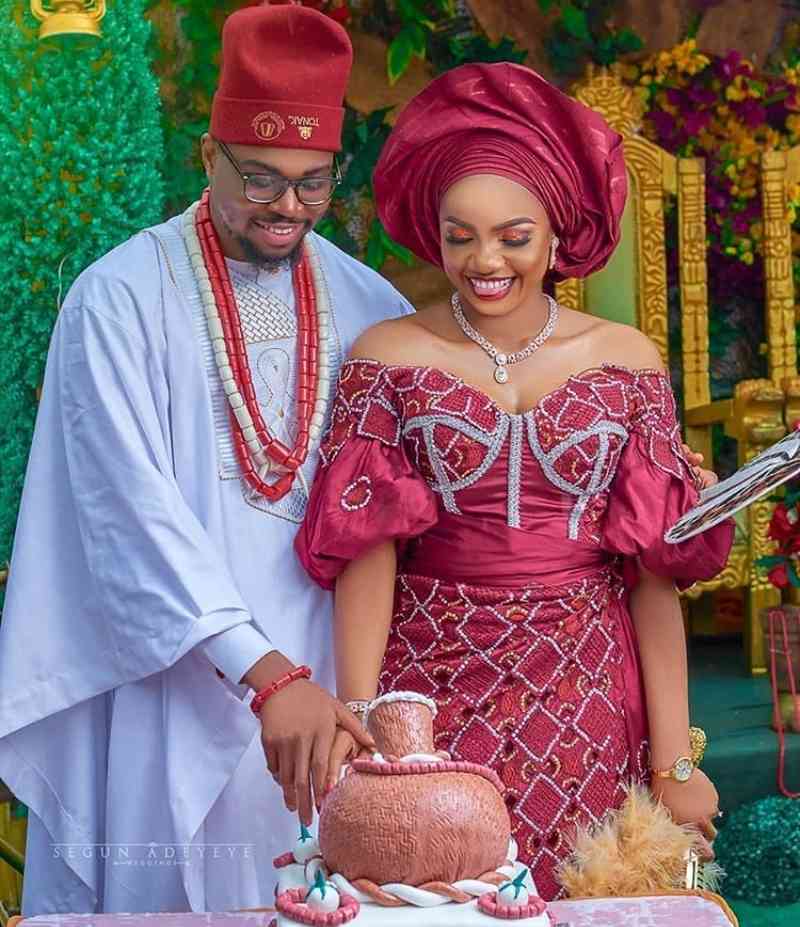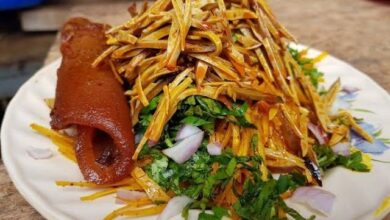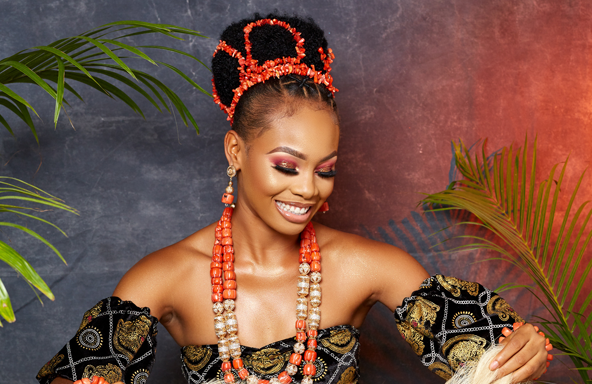The Igbo Traditional Marriage Rites: How It Is Done

Chibuzor Iribeama
The Igbo ethnic group occupies the southern eastern part of Nigeria and are made up of five states which includes Imo, Anambra, Abia, Enugu and Ebonyi States. This ethnic group is known for their various colourful ceremonies which marriage ceremony happens to be one of them.
Marriage in Igboland is not only between the two families but also involves the entire community. Though Igbo traditional marriage rites may vary from community to community, the difference isn’t much.
Below we will highlight the steps involved in traditional marriage rites in Igboland.
The man and woman have to agree to marry each other, then the man makes his intention known to his family and the lady in question after this is established the Igbo traditional marriage rites start with an inquiry known as “Iku aka” or “Iju ese” which means “coming to knock or inquire”. The groom, accompanied by his father or the eldest family member of his family, visits the bride’s family. At this meeting, the groom’s father officially announces his son’s interest in marrying the bride-to-be. The bride-to-be is then called out by her parents and asked if she knows her suitor and would want to marry him. If her response is affirmative, they would proceed to the next stage.
The next meeting will be between the groom’s family and the bride’s extended family popularly known as Umunna. This meeting is important because the groom’s people have to restate their interest in marrying from the bride-to-be family, in the presence of her Umunna (direct and extended family, with family elders). Once consent has been secured, dates for the traditional wedding will be set and the bride price list will be sent out. The groom takes a few gifts such as kola nuts, palm wine, beer, soft drinks, tobacco, snuff and a goat which will be shared between the groom and bride’s family.
Following the second visit, the groom’s family can now proceed with the bride price negotiation and payment known traditionally as “Ime ego”. The groom’s family ask for the engagement gifts list which differs slightly from place to place in Igboland.

The money paid for the bride’s price is significantly small as it isn’t an indication of the bride’s worth. It is the extra gifts to be brought that make up the larger part of the bride price, all of which are then presented on an agreed date or on the day of the wine-carrying ceremony. This stage often witnesses lots of back and forth between both families until a set amount is reached.
The final stage is known as the wine-carrying ceremony or Igba Nkwu Nwanyi. The ceremony is done at the bride’s home and her family prepares a large feast for the groom’s family as well as invited guests. At this ceremony, the groom will present the bride price list along with the required gifts to the Umunna before the ceremony begins.
The highlight of Igba Nkwu Nwanyi is when the bride publicly points out the man she wants to marry. The bride’s father or eldest uncle (if her dad is deceased) prays traditionally for the bride, blessing her marriage in future, then he gives her a gourd of palm wine to find the man she intends to spend the rest of her life with. It is the custom for her to look for her husband while being distracted by other men inviting her. Once she finds the groom, she then offers him the drink in her hand while on her knees. If he takes a sip, it signifies to the crowd that he is her husband, acceptance means they are officially man and wife.
So if you have any intention to marry an Igbo woman this will give you an insight on how to go about it because in Igboland this is one of the most important ceremonies.





One Comment